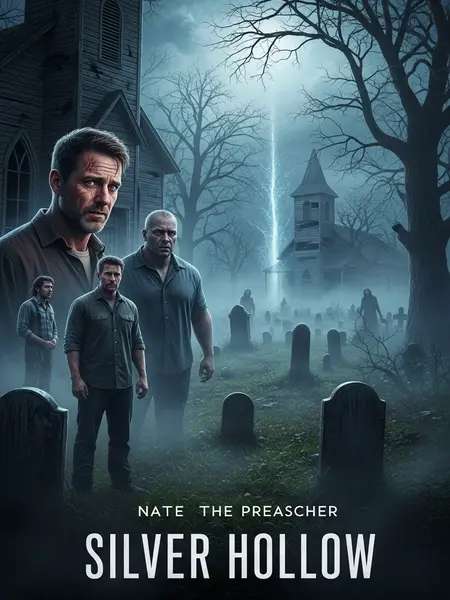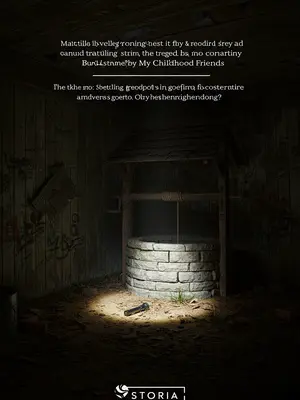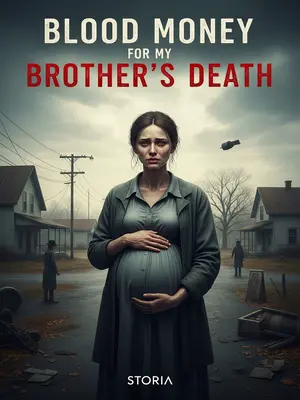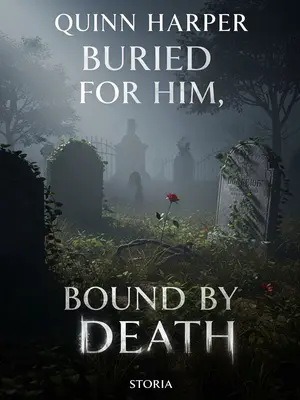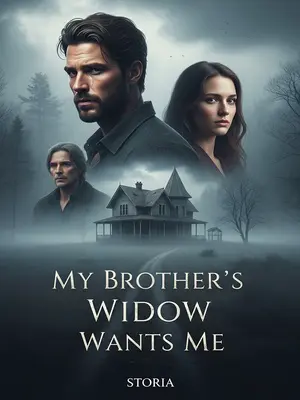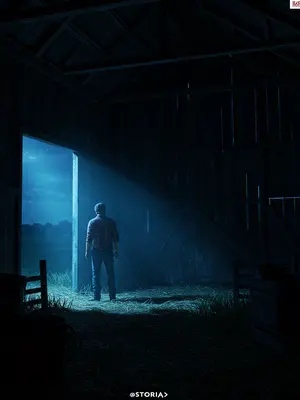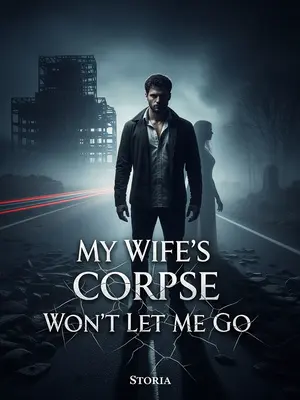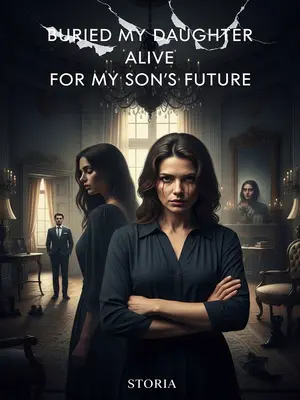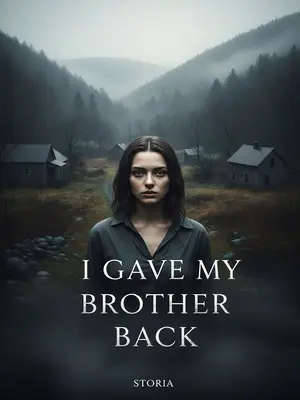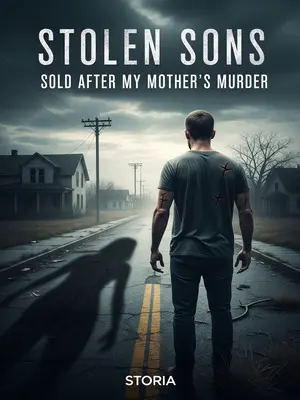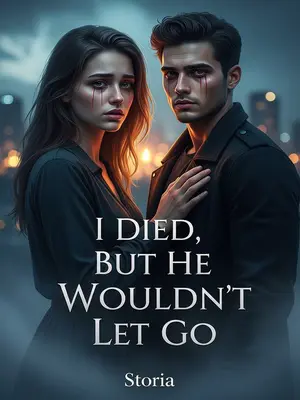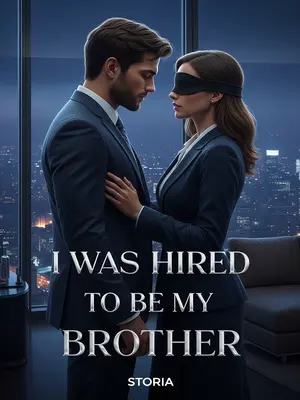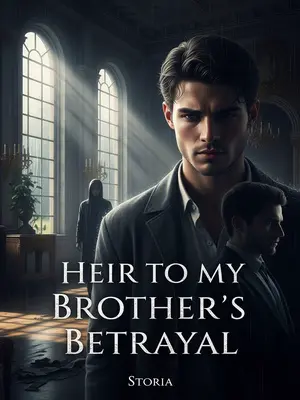Chapter 1: The Chapel and the Drumstick
December eighth—Big Mike died.
It was one of those mornings that cut right through you, cold and brittle as cracked glass. Frost clung to every blade of grass, and the sun? It barely bothered to drag itself over the horizon. Folks around Silver Hollow always said December eighth had a haunted feel to it, but that year, the air was different—heavier, pressing down on you. Like the whole town was holding its breath. Waiting for bad news. You could feel it.
He died out at this little chapel, tucked way back in a wildflower field, the kind of place hardly anybody ever set foot in. When the deputies found him, he still had half a drumstick hanging out of his mouth, wedged between his teeth. Only Big Mike could go out like that.
That chapel was barely more than an old wooden box, paint flaking off in strips, the steeple leaning like it was tired of standing. The wildflowers out front grew taller than a man’s knees. The smell of fried chicken hung in the air, mixing with the scent of sun-warmed daisies and old hymnals. The deputies—both city boys—stood at the door, shuffling their feet and staring at Mike’s last meal. I couldn’t blame them. Even dead, Mike looked like he was about to crack a joke.
But then you saw it—his chest had already burst wide open, the wound blooming like a hundred wildflowers. You had to stop and catch your breath before you looked.
It was gruesome, yeah, but there was something weirdly beautiful about it. Blood spilled in patterns across his shirt, soaking into the old floorboards, and in that thin morning light it almost looked like a garden had taken root where his heart used to be. Some folks would call it poetic. Others? Just plain cursed. Hell, maybe it was both.
By the time word got to me, I’d lost track of how many mouths it passed through. Some folks said he died working; others whispered murder. Nobody really knew. Me, I just sat there, caught between confusion and a kind of grief that didn’t make sense—like I was missing a piece I’d never get back.
Rumors ran faster than pickup trucks on a Friday night. By the time it hit me at the diner, the story was twisted beyond all recognition. I just sat there, hands wrapped around a mug of cooling coffee, feeling the ache settle in my chest. I’d lost people before, sure, but this was different. It stung—like a bad tooth you can’t stop poking. Damn.
That December in Silver Hollow, the moonlight was cold as old bones, lonely as wind-driven snow. The whiskey burned hot and mean. I remembered Big Mike—raising a glass of amber liquor in a memory that felt close enough to touch. Funny how the dead stick around that way.
The nights stretched out, endless. The only thing that cut through the cold was the bite of cheap whiskey and the laughter of old friends. Honestly, Big Mike always managed to make the darkest night feel a little less empty, a little less cold. He just had that way about him.
"Nate, this old pig’s about to do something real big."
He’d say it with that wild spark in his eyes, the kind that made you nervous and excited all at once. He’d slap me on the back—damn near knocked me off my barstool—grinning like he was in on a secret the rest of us would never guess.
"What’s that, Mike?" I’d ask, playing along, trying to match his swagger. But my voice would crack, just a bit. Mike always made you feel like you were part of the joke, even if you never got the punchline. That was his gift.
He laughed, dry and low. "The preacher says, it’s better left unsaid."
He’d wink, tapping the side of his nose like we were partners in some grand heist. The bar buzzed with low talk and clinking glasses, but for a heartbeat, it was just the two of us, sharing something nobody else could touch.
Then he’d toss back his drink in one go and holler, "Hey, Miss Charity, warm up the whiskey!" His voice boomed so loud Charity rolled her eyes and shook her head, but she was already reaching for the bottle, muttering under her breath. Mike could get away with anything—hell, folks loved him for it.
Big Mike’s ashes ended up scattered on the chapel grounds. Charity wore black for him, her hands trembling as she let the ashes fall—they looked just like cold, pale moonlight drifting down in the winter wind.
She stood there, shivering in her long black coat, gloved hands shaking as the ashes slipped through her fingers. I almost thought she’d drop them. The wind caught the dust, swirling it up into the night sky. For a split second, it felt like Mike was laughing at us all, refusing to stay put—even in death.
Reverend Carter’s prayers echoed through the church, and Sam Walker’s wailing cut through the night. Only the Monkey, acting like nothing had happened, leaned against the old oak outside, humming some tune nobody recognized.
The whole town turned out for the service—faces hidden behind scarves and hats, eyes red and swollen, and not just from the cold. Sam’s voice broke the silence, raw and aching. But the Monkey just kept to himself, off in his own world. The tune he hummed twisted through the air, haunting, familiar—like a lullaby you almost remember from being a kid.
"Monkey, your buddy’s gone," I reminded him.
I kept my voice soft, not wanting to break the strange hush that hung over us. The wind rattled the branches, knocking a couple stubborn leaves down into the mud.
The Monkey stared a moment, then nodded, eyes blank. "Yeah. Gone. But everything’s gotta die sometime."
He said it like he was reading from some old book he’d memorized, voice flat but sure. His eyes never quite met mine, just traced the moonlight patterns through the branches overhead.
"But that was your brother, Mike!" My voice jumped up, sharper than I meant.
I couldn’t help it—anger slipped in, hot and sudden. It didn’t sit right, how calm he was, how he just refused to mourn like the rest of us. Damn it, why wouldn’t he just feel something?
"Mike’s part of everything, too," the Monkey said, soft, but certain.
There was a weight to those words that made me stop. Maybe he knew something I didn’t, or maybe he was just numb from losing too much. I couldn’t say a thing back. Not that night.
He didn’t argue, just kept staring at the golden leaves of the oak, his hand running along its rough, cracked bark. I wondered what he saw there.
He stood there a long time, fingers tracing the lines in the tree like he was searching for something only he could find. The cold didn’t seem to touch him. If anything, it made him look even more like a statue than a man. Unmoving.
Ever since the Monkey found religion, he’d changed—a lot.
He stopped running with the old crowd, swapped mischief for scripture and Sunday mornings. Some folks said he was a lost cause. Others called it a miracle. Either way, he wasn’t the same man I used to know. Not by a long shot.
